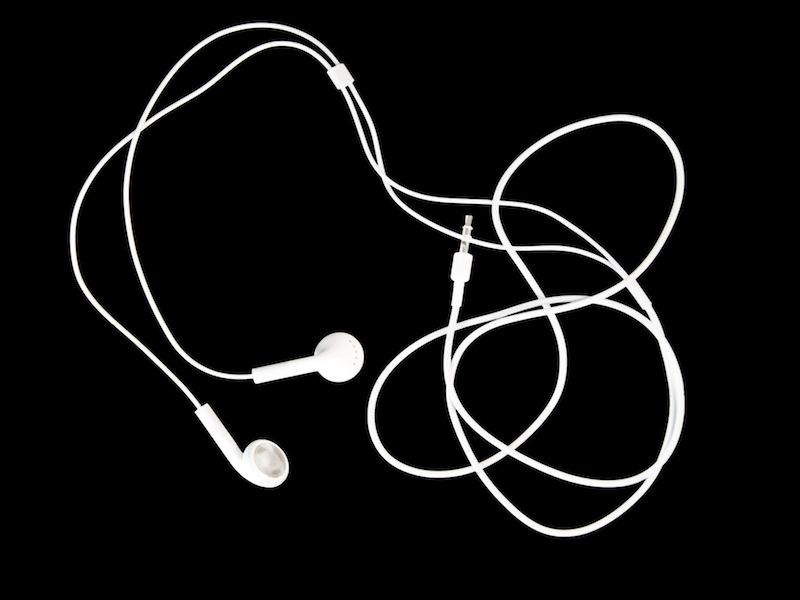
If you haven’t had your hearing examined since your grade school days, you’re not alone. Sadly, we have a habit of treating hearing loss reactively instead of proactively, and a regular adult physical usually doesn’t include a hearing test. In fact, even when they know they have hearing loss, most people ignore it for up to seven years which can significantly impact your health. As a matter of fact, untreated hearing loss has been proven to increase your healthcare costs over time.
The good news, hearing tests are simple, painless, and provide a wide range of facts for our experts to help you, both for diagnosing hearing concerns and assessing whether interventions such as hearing aids are working. When you were younger, you may recall the audiometry test from school, but a full hearing exam will give you a better understanding of your hearing without a sticker or a lollipop.
While you might not give the state of hearing as much attention as you do the health of your teeth or your eyes, it is important that you regularly get your hearing examined. It can be a considerable time before you recognize that there is an issue with your hearing. Hearing loss usually occurs slowly, and the earlier you recognize a problem with your hearing, the sooner you might be able to deal with it.
When Should You Be Examined?
All newborns should be tested for hearing loss, and normally, the hospital does that before they are released. The American Academy of Pediatrics advises that children have formal hearing tests when they are 4, 5, 6, 8 and 10 years of age and that teenagers should have hearing tests during wellness appointments with their doctors.
It’s recommended that if you are in between the ages of 18 and 49, you have your hearing tested every five years and then, as you age, more often. You need to get tested every three years if you are 46 to 60 years old and then every two years after you turn 60. But you may need to get tested more frequently. Your individual situation will determine when you need to get a test. If you notice your hearing isn’t as good as it used to be, you should have it tested right away. A number of health problems are associated with untreated hearing loss, like increased danger of falling, mental decline, and depression. It can also affect your relationships and your ability to do work efficiently.
And you need to get a hearing exam, in some circumstances, as soon as possible if you have hearing loss that is getting worse quickly. An immediate hearing test is advisable if:
- There is earwax buildup or you had an ear infection
- Pinpointing where sounds are coming from is difficult
- Conversations are difficult to hear when you are in a crowded area especially
- Asking people to repeat themselves is something you have to do constantly
- You are experiencing vertigo
- You are experiencing a constant ringing in your ears
Another consideration is whether you are at a greater risk for hearing loss. As an example, if loss of hearing runs in your family or you are exposed to loud noises on a regular basis you should have your hearing checked more regularly.
Also, over 200 ototoxic medications exist. These drugs can be very harmful for your hearing and they range from some antibiotics to aspirin. So that you can make certain none of your medications are impacting your ears, consult your doctor. Consider having your hearing tested more often in order to address any loss of hearing immediately if you are using any ototoxic medications.
Also, take into consideration how your habits may be impacting your hearing loss. Are you using earbuds regularly? There’s been a significant increase in younger people with hearing loss, which many experts connect to the increased use of earbuds and other headsets. shows, loud concerts, and machinery can also do considerable harm to your ears. Schedule your hearing exam today if it’s time for you to get your hearing examined.